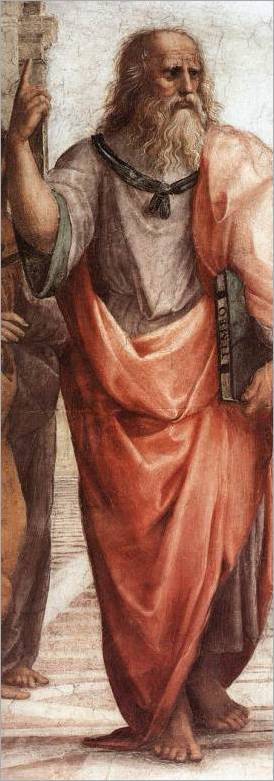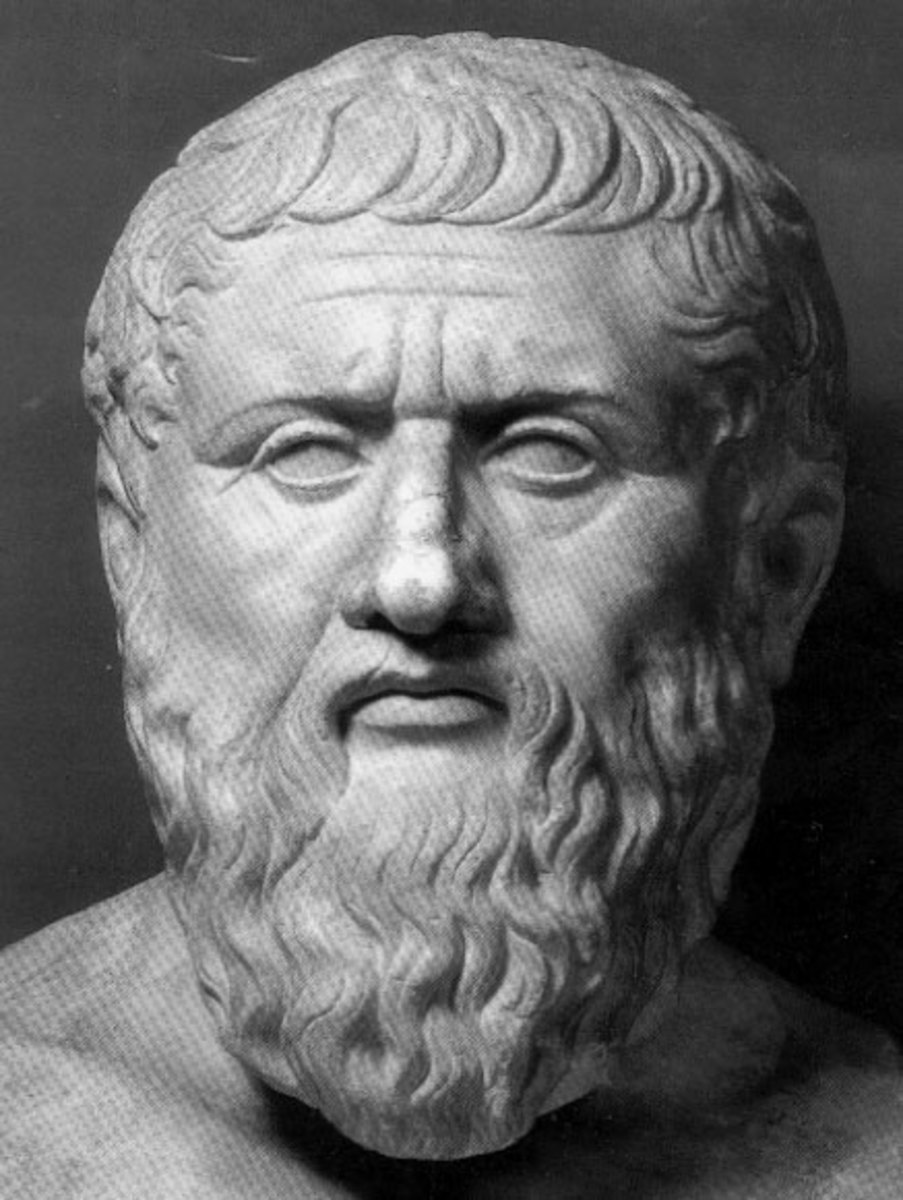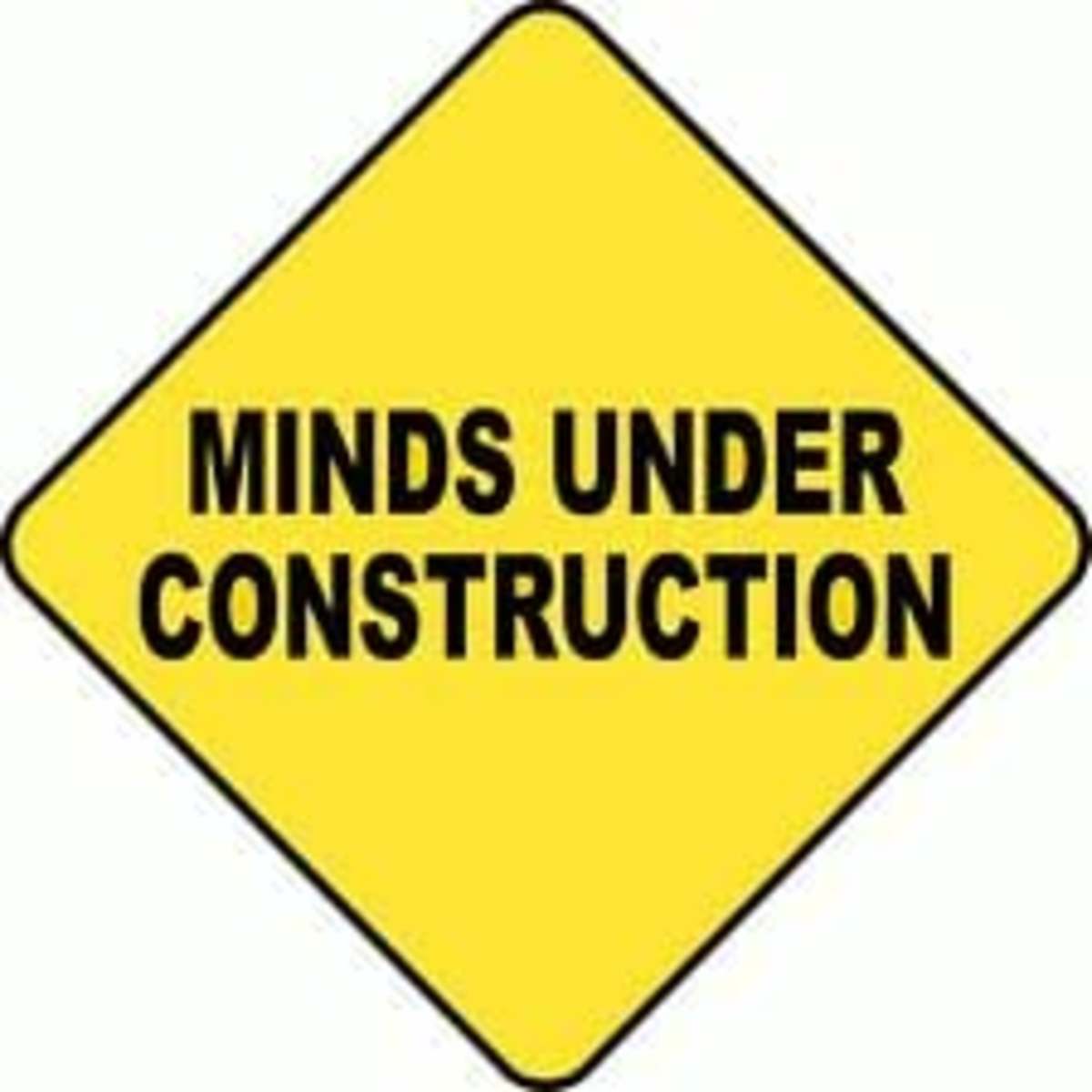Differences between Plato and Socratic Educational Philosophies

According to Gutek, (1995) Plato attempted to explain the universe in rational terms (p. 34). Sophists attempted to manipulate the upper classes through rhetoric and persuasion. Gutek notes they were “more concerned with making policy than with finding truth” (p. 35). Plato, however believed truth is universal, and that education “should direct the students’ mind toward reality” (p. 43).
Educators such as the sophists “signaled the arrival of a new group of educators who would challenge the status quo” (p. 35). The sophists believed that education would allow people to change their circumstances and contribute to “social, political, and legal success” (p. 35).
Plato — and Socrates before him — believed that virtue came from within one’s character, whereas the sophists believed they could teach virtue; it was the charging for teaching that offended more traditional educators, noted Gutek (1995, p. 35). Plato’s theories on education were not geared towards the masses, as was the trend of the time, he intended to teach primarily the elite ruling class (Gutek, 1995, p. 47).
Plato also disagreed with the sophists’ ideas on experiential thinking. “While the sophists stressed the power to refute an opponent’s argument as an objective of learning, Plato encouraged a much more generalized dialectical searching for the essence of goodness, truth, and beauty and for the incorporation of that essence into human life and striving” (p. 48).
References
Gutek, G. L. (1995). A history of the western educational experience. Long Grove, IL: Waveland Press, Inc.









